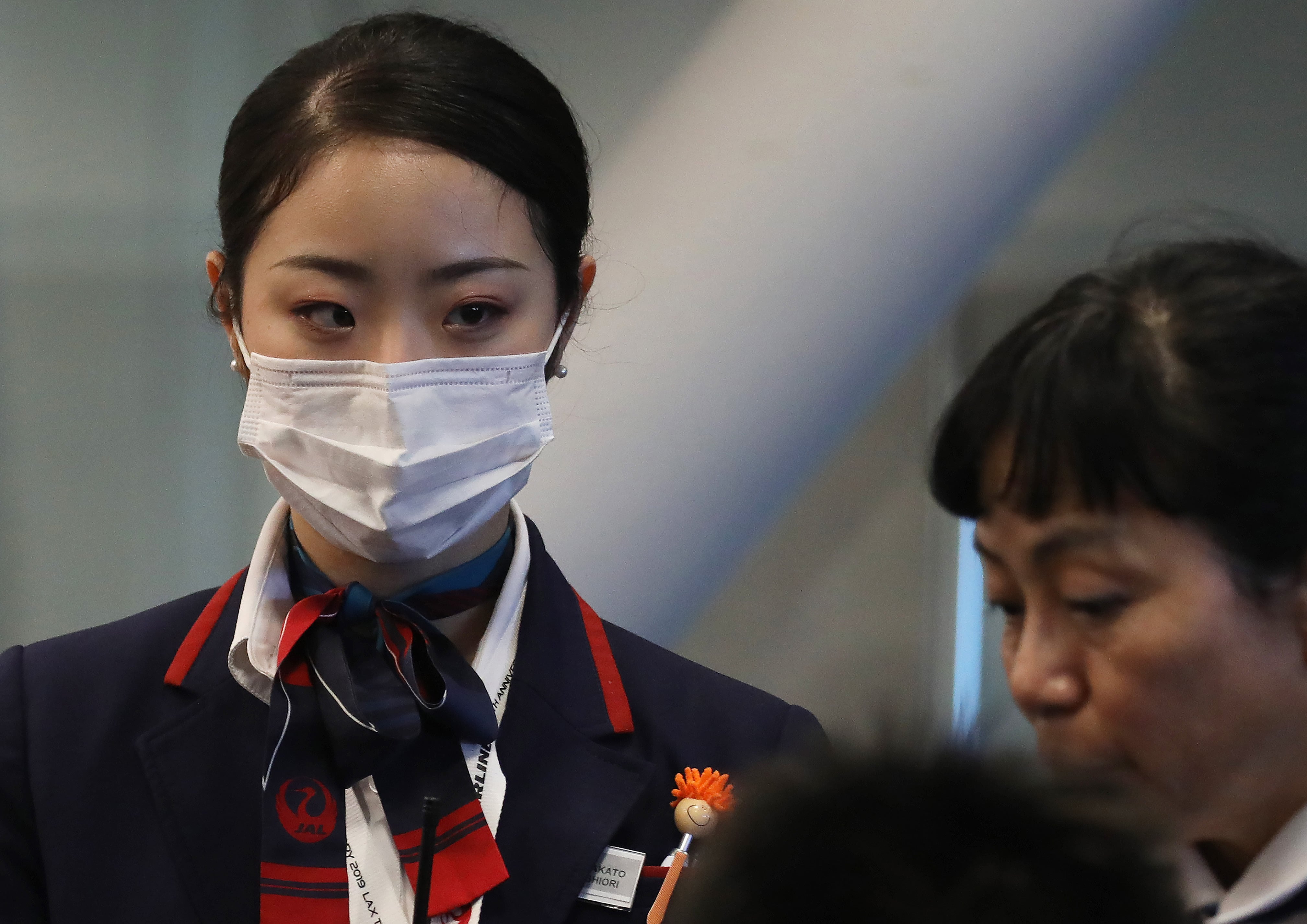On the same day the World Health Organization declared the outbreak of the Chinese coronavirus as a public health emergency, a pair of military combatant commanders told Congress the illness will present significant security issues if it moves rapidly to other countries.
“Capacities (in different countries) vary widely,” said Adm. Craig Faller, head of U.S. Southern Command, in a Senate Armed Services Committee hearing on Tuesday. “In many places that are strained to the limit, I'd be very concerned if we saw this spread.”
The new virus, now responsible for sickening more than 6,000 people worldwide and killing more than 130 people in China, has drawn the attention of public health officials and members of Congress in recent days. So far, five cases of the illness have been confirmed in the United States.
RELATED

The issue was brought up at the Thursday Senate hearing with the leaders of military combatant commands by panel member Sen. Tom Cotton, R-Ark., who pushed for U.S. officials to shut down commercial air travel between China and the United States in an attempt to limit the virus’ spread.
“This coronavirus is a catastrophe on the scale of Chernobyl for China,” he said, referencing the 1986 Russian nuclear disaster. “But actually, it's probably worse than Chernobyl, which was localized in its effect. The coronavirus could result in a global pandemic.”
Defense Department officials were more measured in their response. Gen. Stephen Townsend, head of U.S. Africa Command, said that his forces are monitoring suspected cases in their region of responsibility and planning for potential responses.
“The capacity of African nations to deal with this problem varies widely,” he said. “in eastern Africa, central east Africa, they have been dealing with Ebola largely on their own and doing a pretty good job of it. So I think capacity there (is positive), but anywhere else in Africa is probably not to that degree.”
Townsend noted that the U.S. Navy hospital ship Comfort has been deployed twice in the last year to assist with health crises in 12 different nations. He said that resource could significantly help with treatment and containment of the virus, but the “strained social services” of nations such as Venezuela would be particularly vulnerable to a quickly spreading illness.
On Wednesday, a charter flight carrying 210 evacuees from Wuhan, China, landed at March Air Reserve Base in California. The passengers, all U.S. State Department employees and family members, were screened for the coronavirus and agreed to a three-day quarantine to monitor for signs of illness.
RELATED

Cotton said he wants to see military and other government officials work together on a “Manhattan-Project-level effort … to develop a vaccine as quickly as possible.”
Townsend told lawmakers that while there are no confirmed cases in the countries supported by his combatant commands, there is one suspected case in Djibouti, which has a large Chinese presence, including a military base near Camp Lemonnier. He said the ability for African nations to deal with a widespread infection varies widely, with some countries, such as those that historically deal with Ebola “doing a pretty good job at it.”
“But anywhere else in Africa is probably not to that degree,” Townsend said.
Officials from the World Health Organization said they elevated the potential threat of the illness on Thursday not because of new developments in China but instead because of “the potential for the virus to spread to countries with weaker health systems, and which are ill-prepared to deal with it.”
Reporter Patricia Kime contributed to this story.
Leo covers Congress, Veterans Affairs and the White House for Military Times. He has covered Washington, D.C. since 2004, focusing on military personnel and veterans policies. His work has earned numerous honors, including a 2009 Polk award, a 2010 National Headliner Award, the IAVA Leadership in Journalism award and the VFW News Media award.





